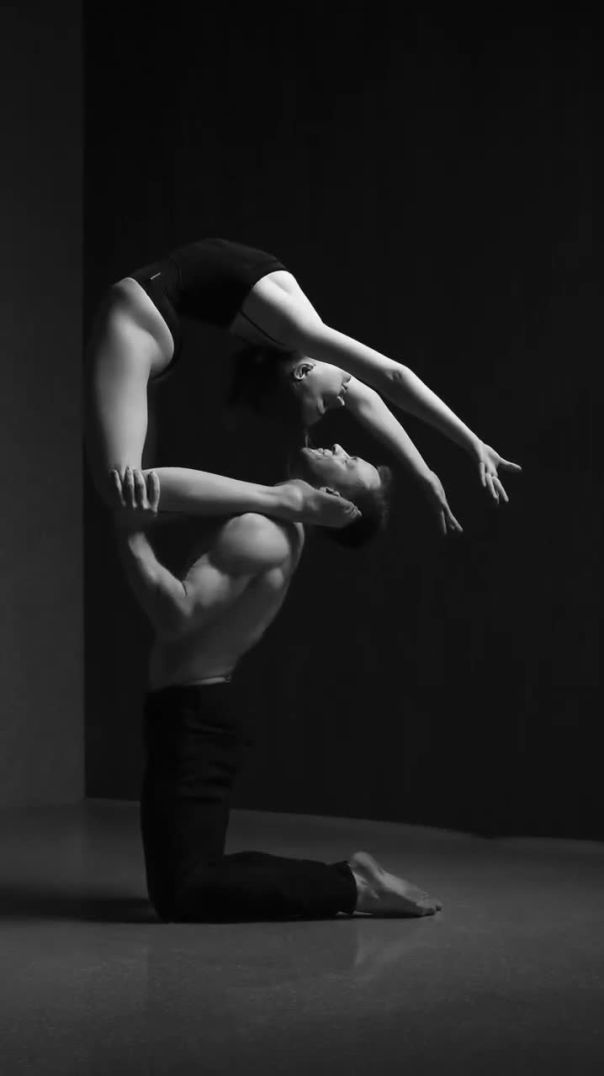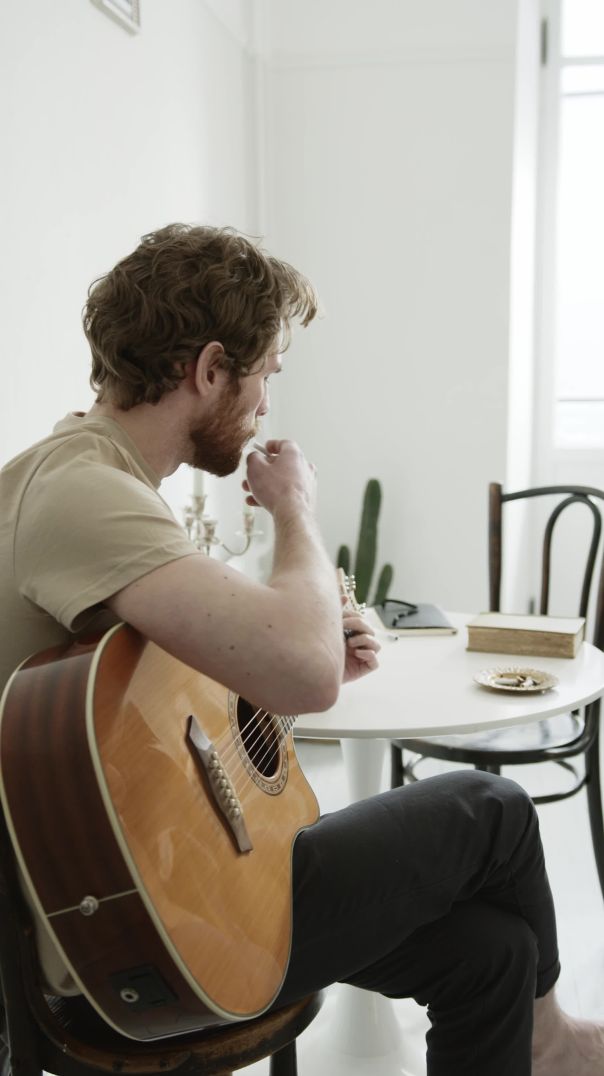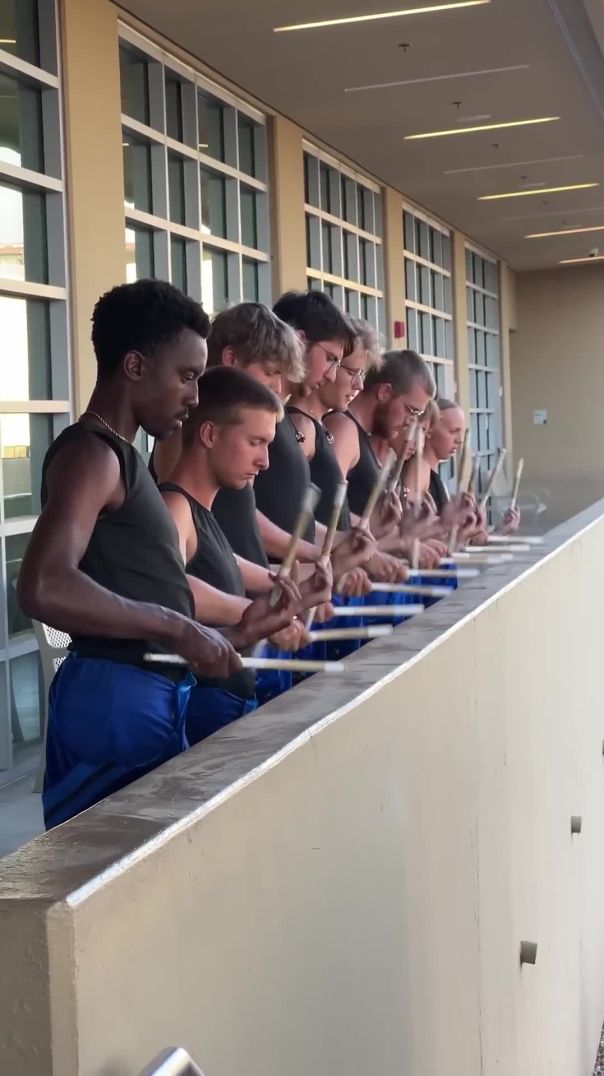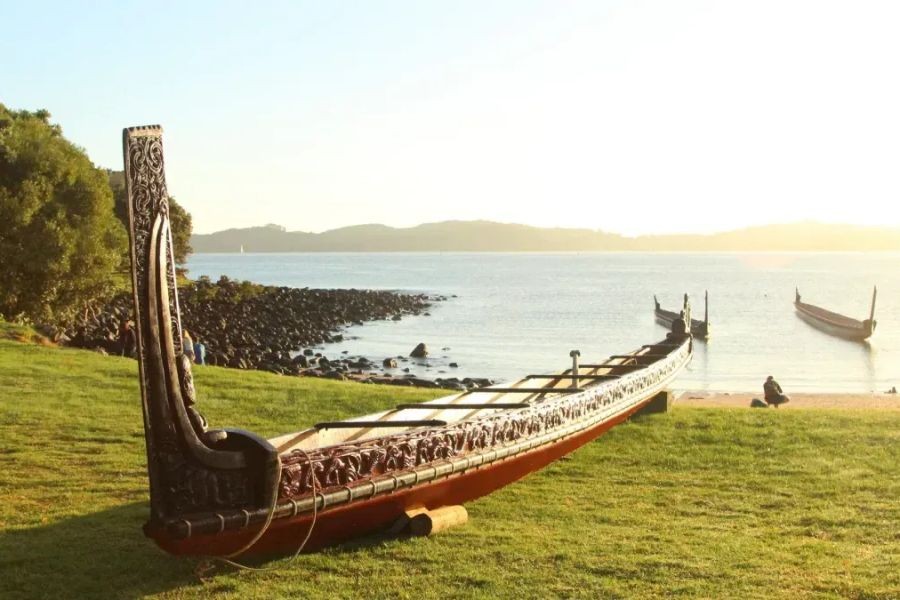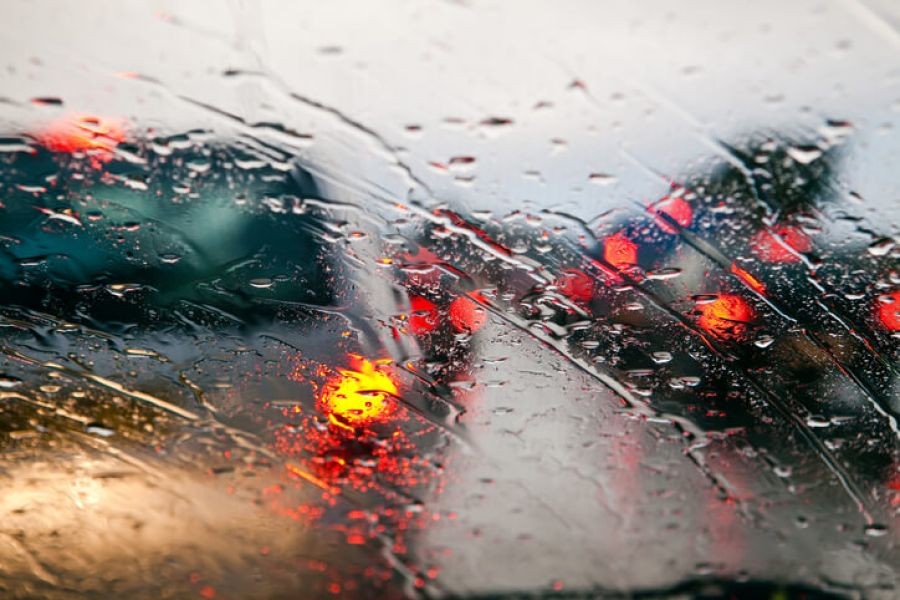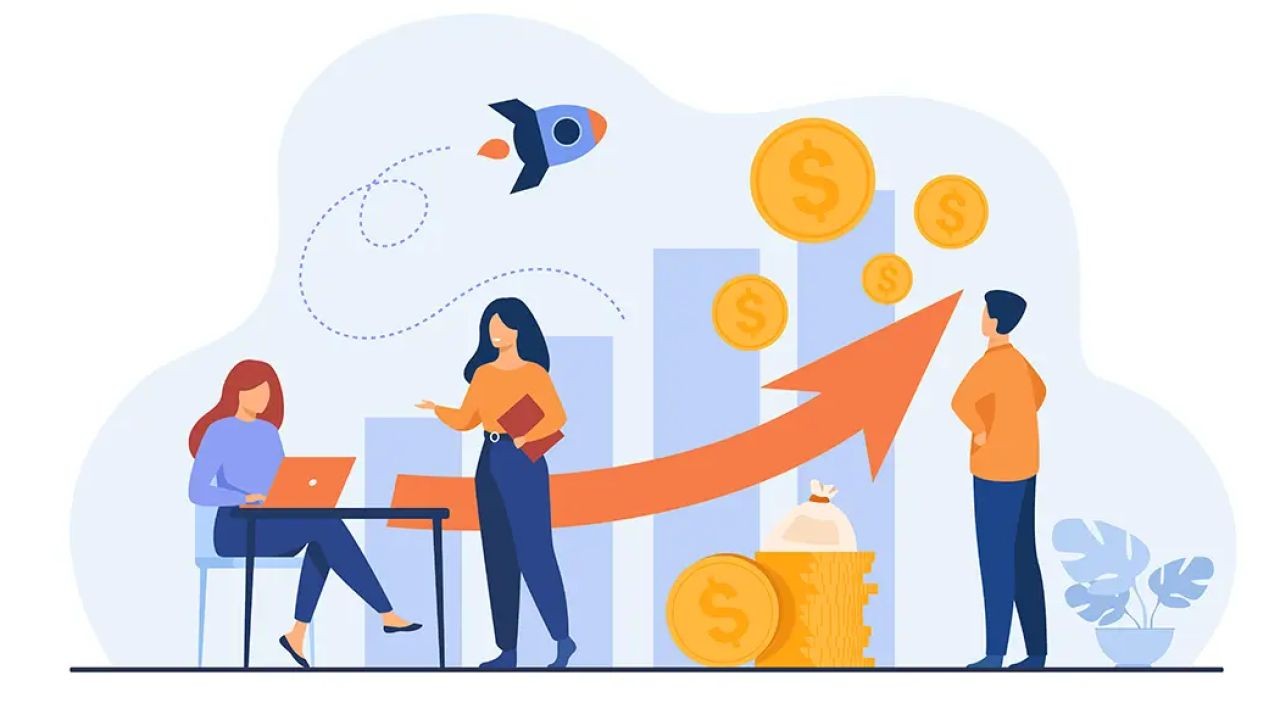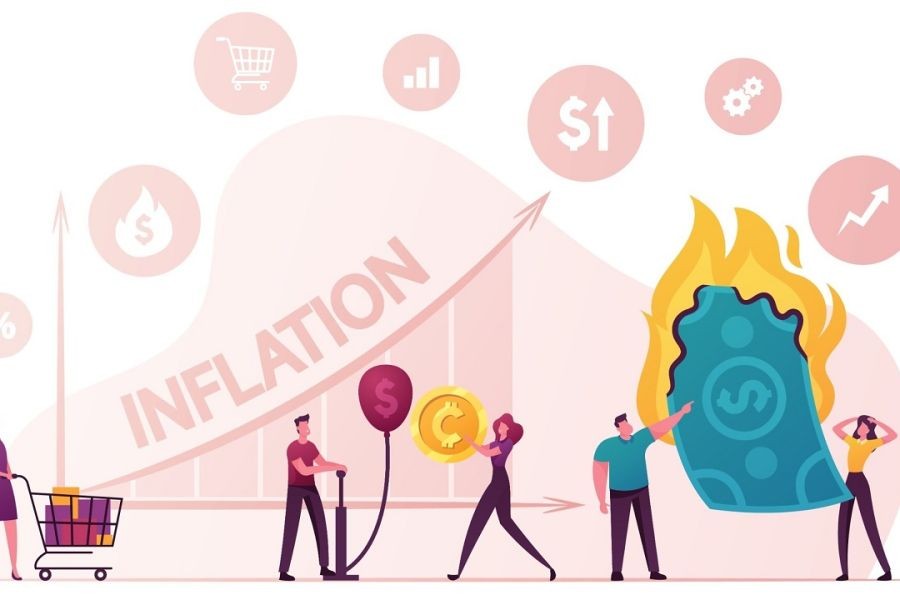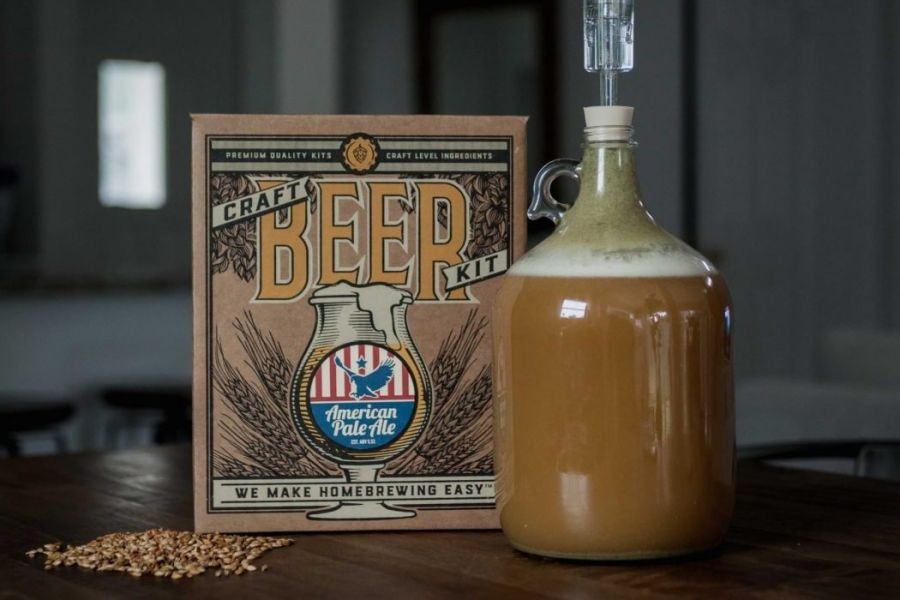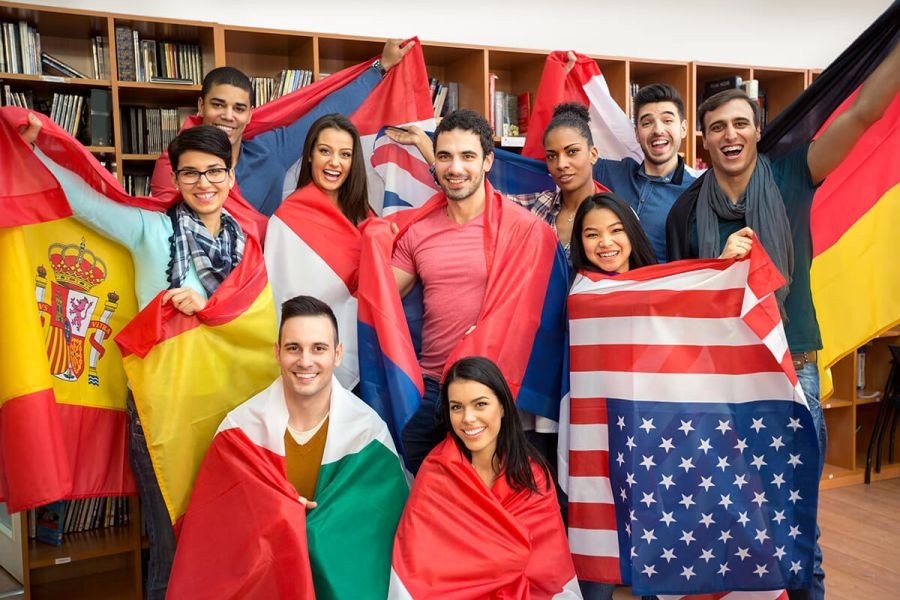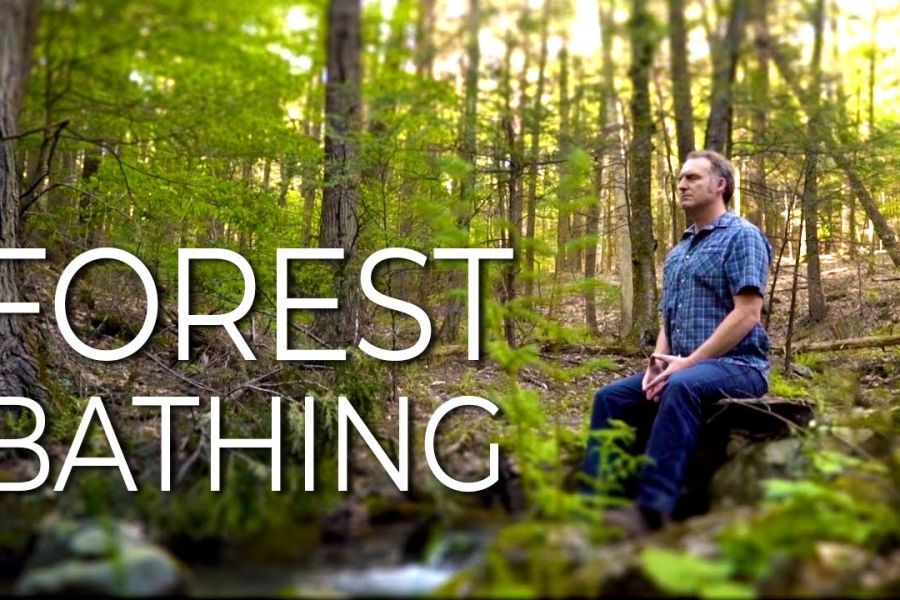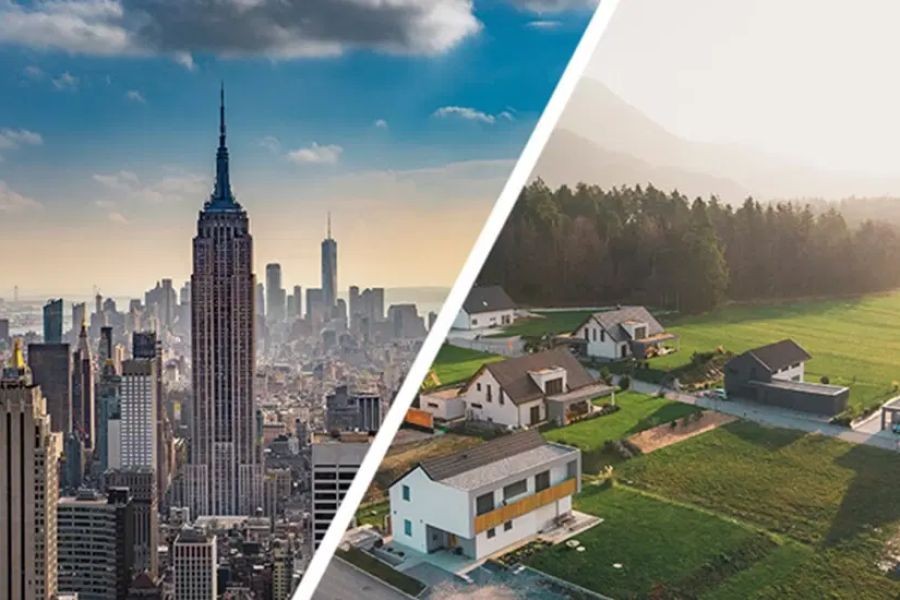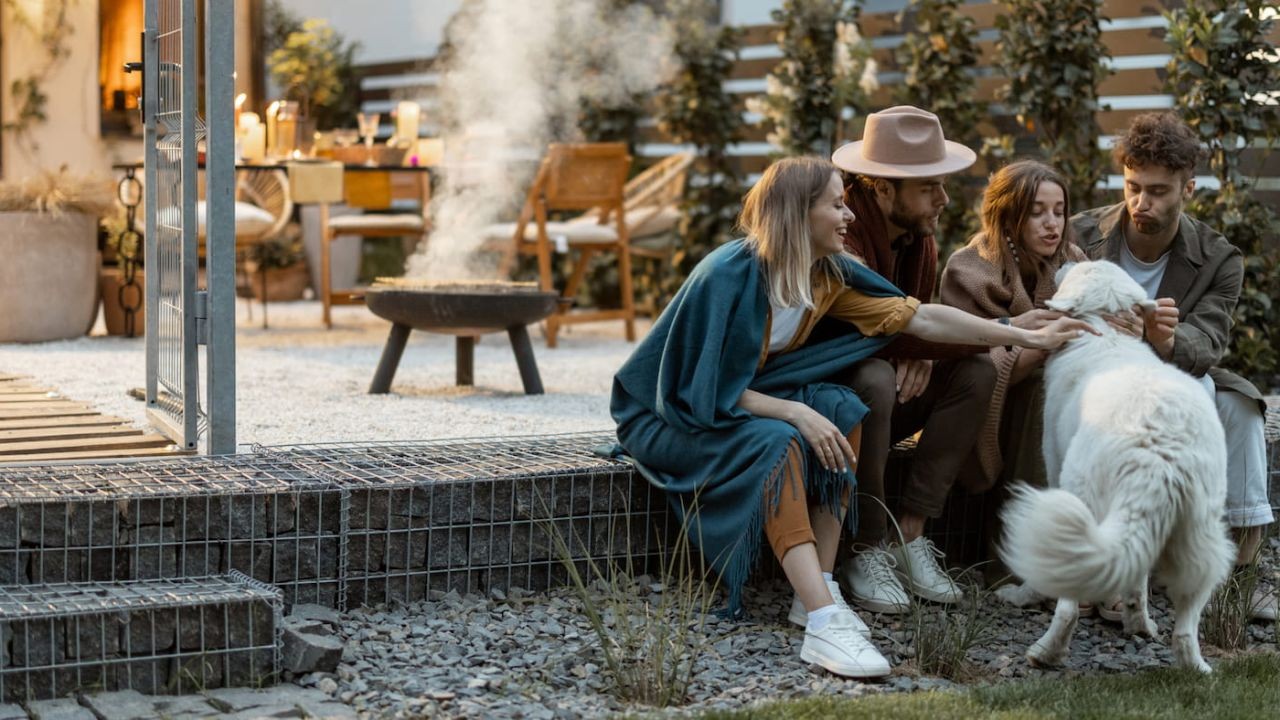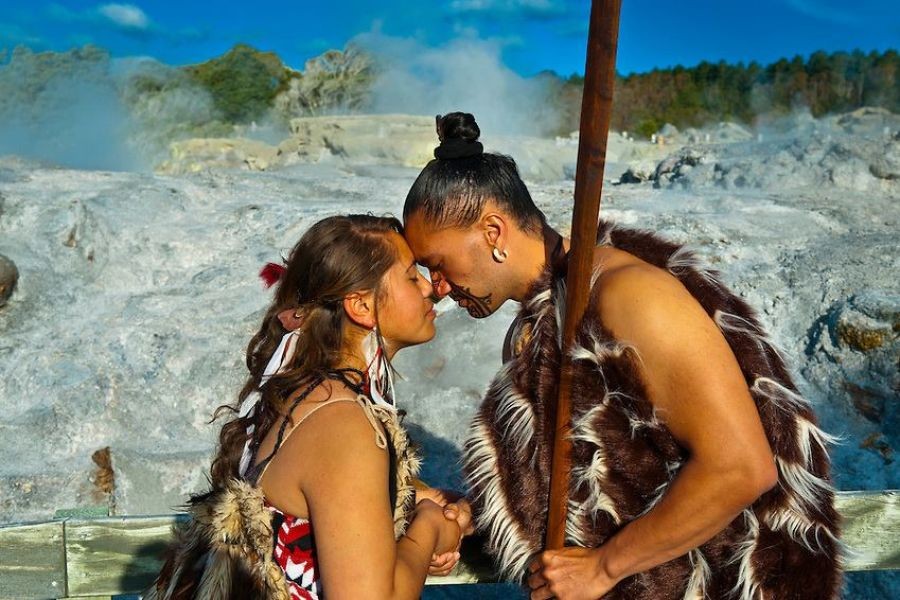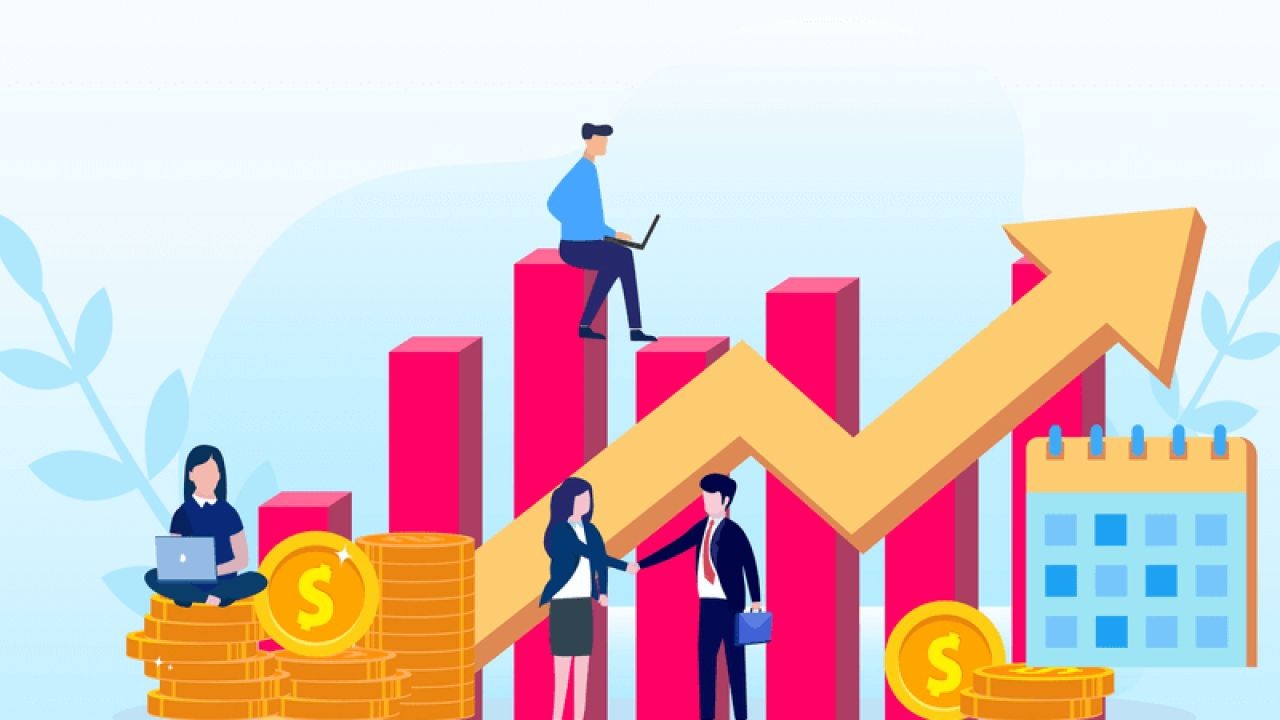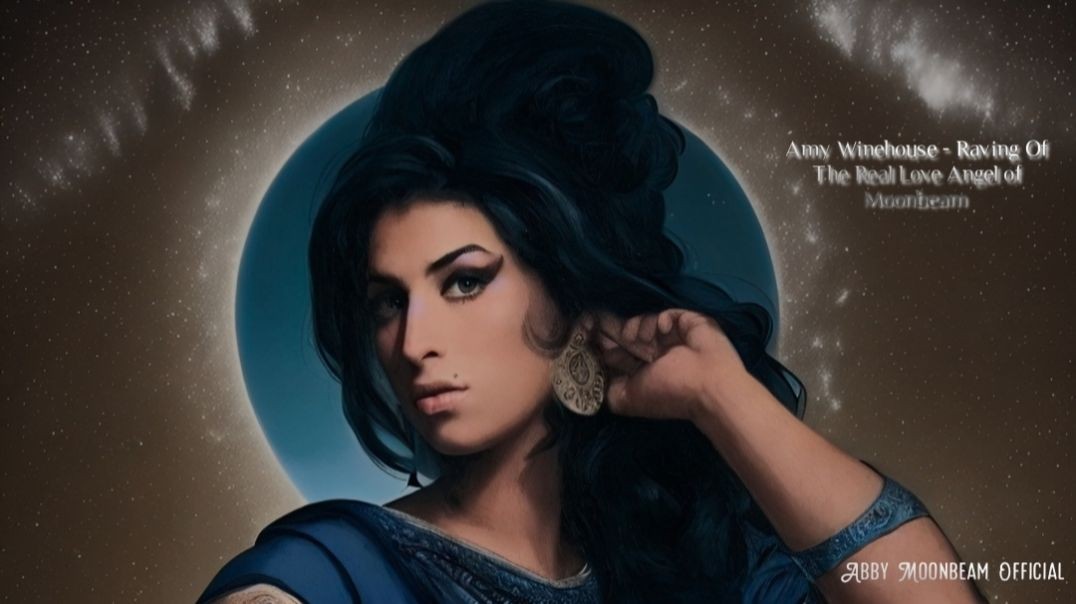New Zealand is renowned for its rich cultural tapestry, with the Maori culture being a vibrant and integral part of the nation's identity. Maori festivals, deeply rooted in tradition and spirituality, offer not only a glimpse into the indigenous heritage but also provide valuable insights into New Zealand's socio-economic landscape. In this article, we delve into the top 10 Maori festivals you can't miss, exploring their cultural significance and potential economic impact on New Zealand's diverse communities and industries.
The Cultural and Economic Significance of Maori Festivals
Maori festivals are more than just cultural celebrations; they serve as vital economic drivers for New Zealand, attracting tourists and fostering local businesses. According to the Ministry of Business, Innovation & Employment (MBIE), cultural tourism contributed approximately NZD 3.8 billion to the New Zealand economy in 2022, highlighting the significance of cultural events in boosting economic growth.
New Zealand is home to a thriving calendar of Māori cultural festivals—each one a celebration of identity, ancestry, and community. Whether you're Māori, Pākehā, or visiting from abroad, these events offer a powerful chance to experience the living spirit of Te Ao Māori (the Māori world).
Here are 10 unmissable Māori festivals that combine tradition, performance, kai (food), and deep cultural meaning.
1. Te Matatini – The Olympics of Kapa Haka
📍 Rotates across New Zealand | Biennial
Often called the pinnacle of Māori performing arts, Te Matatini is a national kapa haka competition that brings together the best of the best from across the motu (country). Performances feature fierce haka, waiata, mōteatea, poi, and more.
🎤 It’s not just a show—it’s an explosion of mana, pride, and whakapapa.
"Watching Te Matatini live is witnessing Māori excellence at its absolute peak."
2. Matariki – Māori New Year
📍 Nationwide | June–July (exact dates vary)
Matariki celebrates the rising of the Pleiades star cluster, signalling the Māori New Year. It's a time for remembrance, reflection, planning, and celebrating the cycles of life. In 2022, Matariki became New Zealand’s first indigenous public holiday.
✨ Expect storytelling, kai nights, star-gazing events, wānanga (workshops), and fireworks with a spiritual touch.
3. Tūrangawaewae Regatta
📍 Ngāruawāhia, Waikato | March
Hosted by the Kīngitanga (Māori King Movement), the Tūrangawaewae Regatta features traditional waka (canoe) races on the Waikato River, kapa haka, markets, and royal protocols. It’s one of the oldest continuous Māori festivals—dating back to the 1800s.
🚣 An authentic blend of tradition, royalty, and whānau spirit.
4. Te Ahurei o Aotearoa (The Māori Festival of New Zealand)
📍 Rotorua | Every 2–3 years
A celebration of Māori unity across iwi, Te Ahurei o Aotearoa showcases music, kapa haka, art exhibitions, and contemporary Māori talent. It also acts as a space for political dialogue and cultural education.
🎶 Great for all ages and a true celebration of Māori identity—past, present, and future.
5. Waitangi Day Commemorations
📍 Waitangi, Bay of Islands | February 6
While Waitangi Day marks the signing of Te Tiriti o Waitangi (The Treaty of Waitangi), it’s more than a political moment—it’s a cultural awakening. Expect waka displays, pōwhiri, hāngi, speeches, and peaceful protests.
📜 Best experienced at the Waitangi Treaty Grounds for a full immersion in history, culture, and kōrero.
6. Pae Tawhiti – Māori Arts Festival
📍 Wellington & rotating regions | Annually
Hosted by Toi Māori Aotearoa, this festival showcases the vibrancy of Māori visual artists, performers, musicians, and designers. It’s where taonga tuku iho (cultural treasures) meet modern creativity.
🎨 From traditional carving to digital storytelling, Pae Tawhiti is a feast of Māori innovation.
7. Te Rā o Te Raukura
📍 Te Whanganui-a-Tara (Wellington) | February
Organised by Te Āti Awa iwi, this family-friendly cultural festival features live music, food stalls, kapa haka, and arts. Held at Te Whiti Park, it celebrates peace, whānau, and local community pride.
👨👩👧👦 Free entry, good vibes, and rich Māori storytelling.
8. Ngāti Kahungunu Waitangi Day Festival
📍 Hawke’s Bay | February 6
Run by one of the largest iwi in Aotearoa, this Waitangi Day celebration is known for its massive attendance, positive energy, and musical lineups. It balances tradition with entertainment, and it’s very whānau-friendly.
🎤 Expect haka, hāngi, reggae, and kai trucks—Kahungunu style.
9. He Waka Eke Noa – Māori Business & Innovation Festival
📍 Auckland & Rotorua (rotates) | Annually
This newer festival blends entrepreneurship and indigenous values. Māori businesses, tech start-ups, creatives, and cultural leaders gather to showcase success through a kaupapa Māori lens.
💼 A must for those interested in the future of Māori enterprise and sustainability.
10. Puaka Matariki Festival
📍 Ōtepoti (Dunedin) | June–July
This Southern counterpart to Matariki honours both Māori and Kāi Tahu traditions, incorporating Puaka (Rigel) as the guiding star. Events include haka workshops, pūrākau (storytelling), and community hāngi.
🌌 A beautiful example of regional variation in Te Ao Māori practices.
🎯 Avoiding the Mistakes Others Already Made
Newcomers to Māori festivals sometimes unknowingly offend or miss out on deeper meaning. Here’s what to avoid—and how to get more out of the experience:
Common Mistakes:
❌ Treating festivals like tourist attractions without understanding their purpose
❌ Not asking before filming sacred ceremonies like pōwhiri or haka
❌ Assuming every Māori festival is the same across all iwi
❌ Showing up late to formal events like pōwhiri or pō whakangahau (evening ceremonies)
Tactical Lessons:
✅ Learn basic Te Reo Māori greetings and use them with respect
✅ Understand the kaupapa (purpose) behind each festival
✅ Attend with humility and listen before speaking
✅ Bring your tamariki—these festivals are about intergenerational learning
Case Study: Te Matatini's Economic Impact
Problem: The challenge for the Te Matatini festival was to sustain its economic impact beyond the event itself. While the festival attracts significant attendance, there was a need to maximize its benefits for local businesses.
Action: Organizers collaborated with local councils and businesses to create a comprehensive economic strategy, focusing on promoting local products and services during the festival.
Result: This strategy resulted in a 15% increase in local business revenue during the festival period, with long-term benefits observed in the form of increased tourism and cultural engagement.
Takeaway: Strategic partnerships and community involvement are crucial for maximizing the economic benefits of cultural festivals. New Zealand businesses can leverage such events to promote local products and services, enhancing economic sustainability.
Debunking Myths About Maori Festivals
- Myth: Maori festivals are only of interest to Maori communities. Reality: These festivals attract diverse audiences, both domestically and internationally, contributing significantly to New Zealand's cultural tourism sector.
- Myth: Maori festivals are not economically significant. Reality: Cultural tourism, including Maori festivals, is a major contributor to the New Zealand economy, as evidenced by the NZD 3.8 billion generated annually.
- Myth: Maori festivals do not evolve with modern trends. Reality: Many festivals incorporate contemporary elements, such as digital marketing and virtual events, to engage broader audiences and enhance their economic impact.
Future Trends and Predictions for Maori Festivals
As cultural tourism continues to grow, Maori festivals are poised to play an even larger role in New Zealand's economy. According to a report by NZTech, the integration of digital platforms and immersive technologies in cultural events is expected to increase audience engagement by 25% over the next five years. Additionally, the recognition of Matariki as a public holiday is likely to further boost domestic tourism, with businesses capitalizing on the increased interest in Maori culture.
Conclusion
Maori festivals are not only cultural treasures but also significant economic assets for New Zealand. By fostering community engagement and attracting tourists, these festivals play a crucial role in the country's socio-economic landscape. As New Zealand continues to embrace its cultural diversity, the potential for growth in cultural tourism is immense. Businesses and policymakers must recognize the value of these events and work collaboratively to maximize their benefits. What are your thoughts on the impact of Maori festivals? Share your insights below!
People Also Ask
- How do Maori festivals impact New Zealand's economy? Maori festivals significantly boost local economies by attracting tourists and fostering business growth, contributing to the NZD 3.8 billion cultural tourism sector.
- Why is Matariki important for New Zealand? Matariki, now a public holiday, celebrates Maori heritage and boosts domestic tourism, with local businesses reporting increased sales during the festival.
- What are the benefits of attending Maori festivals? Attendees gain cultural insights, foster community connections, and support local economies, enhancing New Zealand's cultural tourism landscape.
Related Search Queries
- Top Maori festivals in New Zealand
- Matariki celebration significance
- Economic impact of Maori festivals
- Cultural tourism in New Zealand
- Te Matatini festival details
- Waitangi Day events
- Maori New Year public holiday
- Pasifika Festival Auckland
- Koroneihana celebration
- Ngapuhi Festival economic impact
Suggested Long-Tail Keywords for SEO
Māori cultural festivals in New Zealand
Best Māori events to attend in Aotearoa
Māori New Year celebrations
What to do on Waitangi Day
Kapa haka competitions 2025
Traditional Māori waka events
Māori arts and innovation festivals
Te Matatini tickets and schedule
Māori food and music events
Festivals for learning Te Ao Māori

